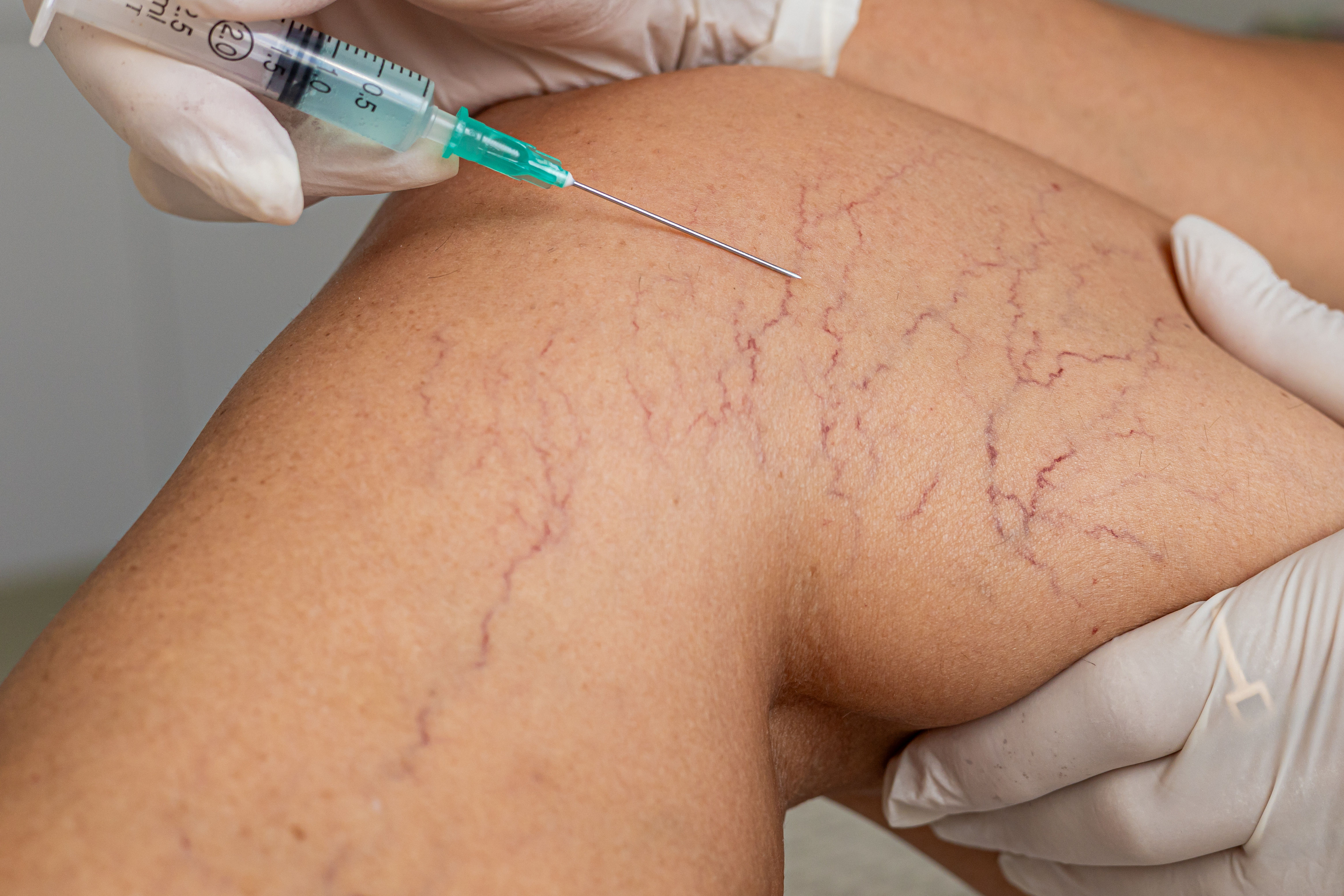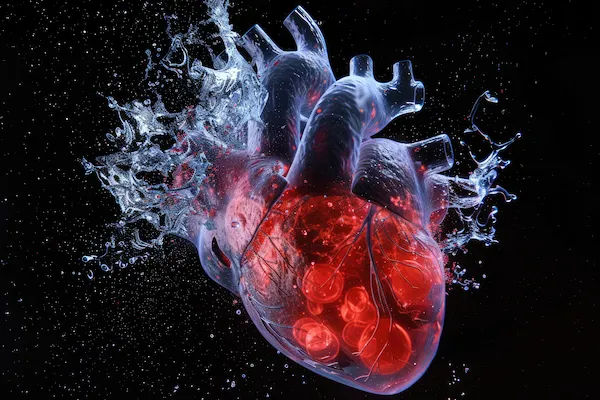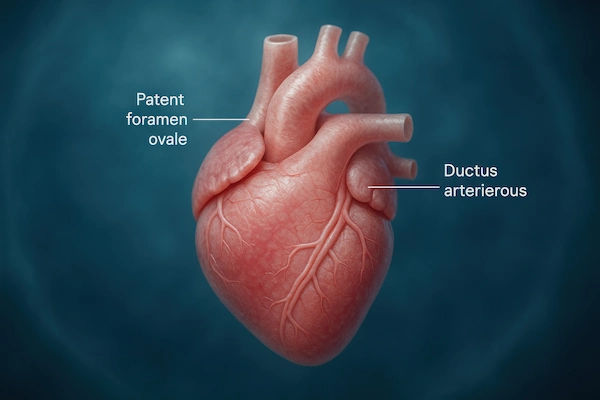- male
- 50 Years
- 31/03/2021
Why do heart attacks happen at night?
Answered by 1 Apollo Doctors
Researchers found that at around 6:30 a.m. the circadian system sends out an increased amount of PAI-1 cells which blocks blood clots from breaking down. The more PAI-1 cells in the blood, the higher the risk for a blood clot that leads to a heart attack
Dr. Ranjith Suggests...
Consult a Cardiologist
Answered 04/07/2025
0
0

More Cardiology Health Queries
View allI'm 39 years old and my ECG report says I have grade 1 diastolic dysfunction. Recently, I've been dealing with chest pain and a burning sensation in my heart. Is this something to worry about and is there any treatment available? Ive noticed these symptoms especially after having COVID, and I've also gained some weight since then. Any advice would be really appreciated.
Reports NORMAL.Probable diagnosis is acute gastritis or acidity, u may require tab pantosec dsr 1 tablet ,orally once a day in the morning before food for atleast 3 weeks and syrup sucralfate 10 ml, orally thrice a day is recommendec.
Answered by 1 Apollo Doctors
I'm really concerned about my momher blood pressure has spiked up to 210110, and she's never had high BP issues before. She weighs 92 kgs and suffers from chronic asthma. There's also a family history of high BP. What should we do?
CONSULT A GENERAL PHYSICIAN MD AS CERTAIN PRIMARY TEST ARE REQUIRED BEFORE STARTING MEDICINE
Answered by 1 Apollo Doctors
I'm a bit concerned because my LDL levels are slightly high. I've attached my recent lab results for you to review. Could you please advise on what steps I should take? Is medication necessary in this case?
Hi Sir, if your LDL levels are slightly high, you can consider taking Atorvastatin (brand name Lipitor) at a dosage of 10-20 mg once daily. However, it is important to consult with your healthcare provider before starting any medication. Regular exercise and a healthy diet low in saturated fats can also help in managing LDL levels.
Answered by 1 Apollo Doctors
Disclaimer: Answers on Apollo 247 are not intended to replace your doctor advice. Always seek help of a professional doctor in case of an medical emergency or ailment.





